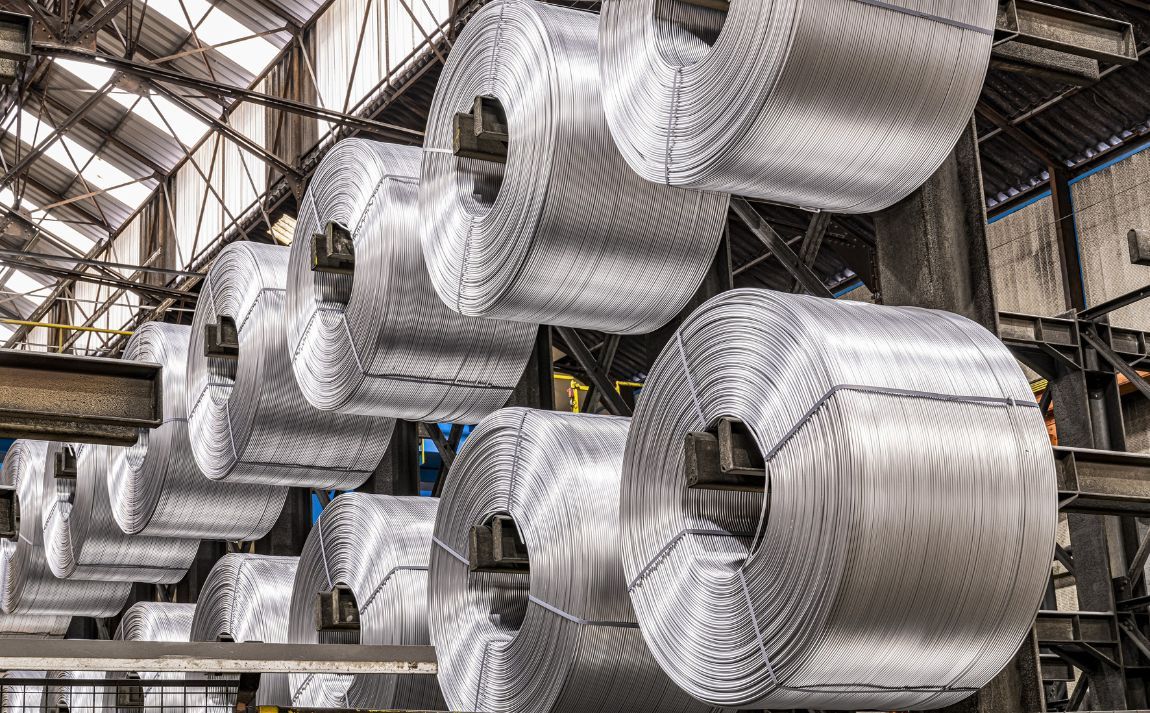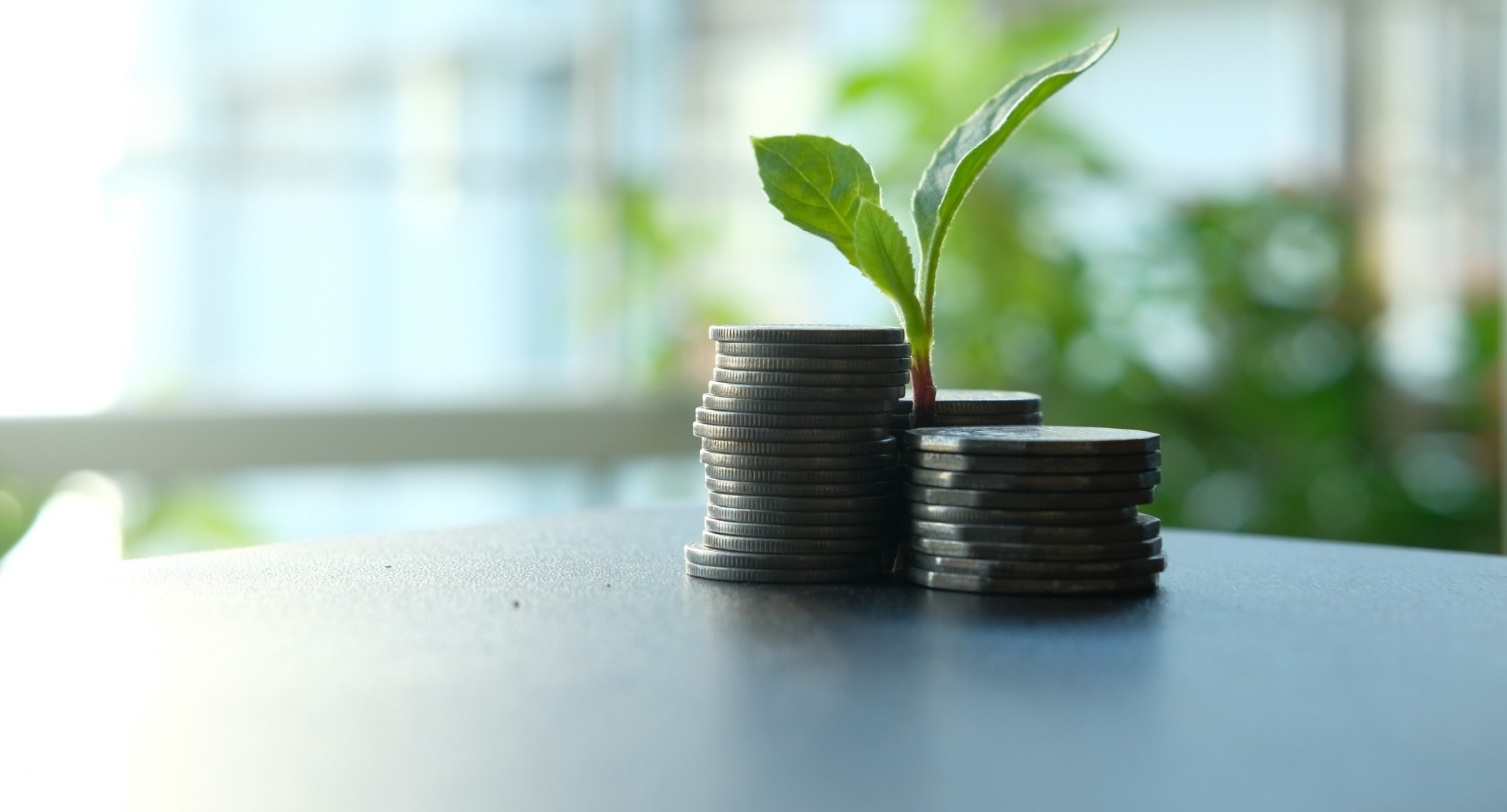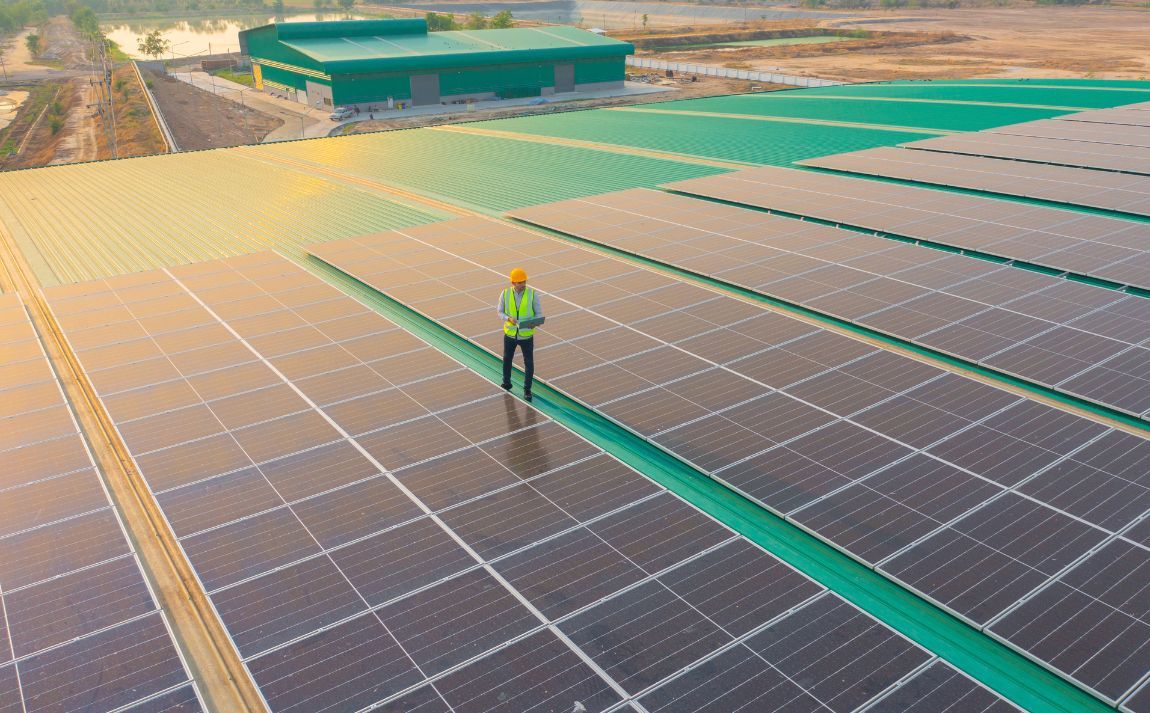Nexans and Trimet Collaborate for Improving Eco-Balance of Power Cables
Nexans SA

The joint development project between aluminium producer Trimet and cable manufacturer Nexans aims to improve the eco-balance of power cables by using recycled aluminium in the production of aluminium rod used in electrical cables.
Trimet and Nexans have made a new product that meets the high technical standards for the alloy's mechanical properties and conductivity while lowering the product's carbon footprint. Until now, power cables have been manufactured exclusively based on primary aluminium.
Melting and recycling aluminium scrap requires only a fraction of the energy needed to produce primary aluminium, which makes it a more sustainable option. However, recycled aluminium contains impurities that can negatively affect the material's specific properties, which is why a collaborative project between Nexans and Trimet aimed to coordinate optimised raw material supply and innovative material development.
Nexans has refined the sorting of aluminium scrap at its production sites in Europe through RecyCâbles, a Nexans-Suez joint venture while gearing its collection to recycling electrical cables. This ensures that the scrap aluminium used to make cables is of high quality and reduces the amount of impurities in recycled aluminium.
Vincent Dessale Chief Operating Officer of Nexans, said: "Our project shows that recycling offers enormous potential to reduce CO2 emissions. I am proud that Nexans can now offer its customers a product that combines superior quality while ensuring a higher level of circular economy. Nexans thus pursues its strategy to constantly look for new sources of value for its customers."
Philipp Schlüter, CEO of Trimet Aluminum SE and President of Trimet France SAS, said: "Recycling is an important component of sustainable aluminium production for us. The development of high-quality alloys with the smallest possible carbon footprint makes a significant contribution to this.”
Nexans plans to maximise the use of aluminium rod with recycled aluminium content in 2023. This is in response to the growing demand from customers for products with a favourable eco-balance. This move by Nexans is expected to further reduce the environmental impact of the manufacturing process and conserve natural resources.
Trimet is also expanding its range of recycled products in the aluminium wire sector, building on its commitment to decarbonising production and making a further contribution to the energy transition. This move by Trimet is expected to increase the use of recycled aluminium in the industry, which will have a positive impact on the environment by reducing energy consumption and conserving natural resources.
Both Nexans and Trimet are taking steps to improve the eco-balance of power cables by using more sustainable materials and processes in their manufacturing. This is a great example of how companies can take a proactive approach to sustainability.
Source: Nexans



